by Jenna Enright
If you’re a student honing your professional writing craft, it’s only a matter of time before a future employer asks you to submit a writing sample.
We live in a sadistically redundant world of e-applications, making the writing sample just one more burden to the already over-burdened modern job seeker.
Really, though, this is your chance to prove your skills, expertise, and understanding of the position to your future employer.
Here are a few simple tips for choosing the optimal writing sample:
1. Be Relevant. Choose a sample relating to the job. If applying for a journalist position, send an article you published. Public relations candidates should submit a press release. Future lawyers and psychologists should showcase their ability to analyze concepts and ideas in a paper. I could go on but I’m sure you get it.
2. Keep Current. Don’t submit samples more than 1 year old. This says you haven’t written anything in a while.
3. Edit. Edit. Edit. Never submit a piece with typos or your professor’s comments.
4. Choose Quality Over Relevance. Or rewrite a relevant sample to improve its quality (see above).
5. Keep it Short. 1-2 pages is ideal. 4-5 pages is the limit. Hiring managers in the digital age can receive hundreds of applications for a single position. A sample that’s too long may deter them from considering it at all.
6. Be Engaging. An engaging sample will be more memorable for the hiring manager and prove that you can keep an audience hooked.
7. Avoid Personal Blogs. A piece published on your university’s professional writing blog, however, is okay.
8. Ask for Clarification. If you are still unsure about what the employer wants from a writing sample, ask. This can show initiative and attention to detail. Better safe than unemployed.
Below are links to some additional sources to help you nail the writing sample portion of the competition:
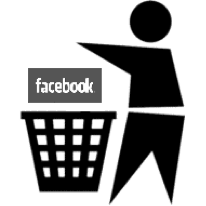


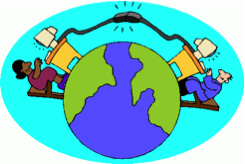

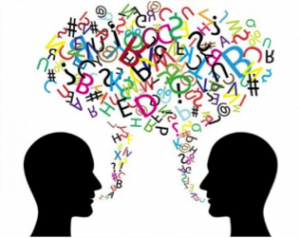
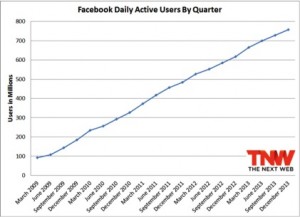
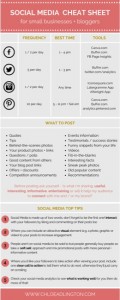

 His advice was merciless – Kill the adjectives.
His advice was merciless – Kill the adjectives.

